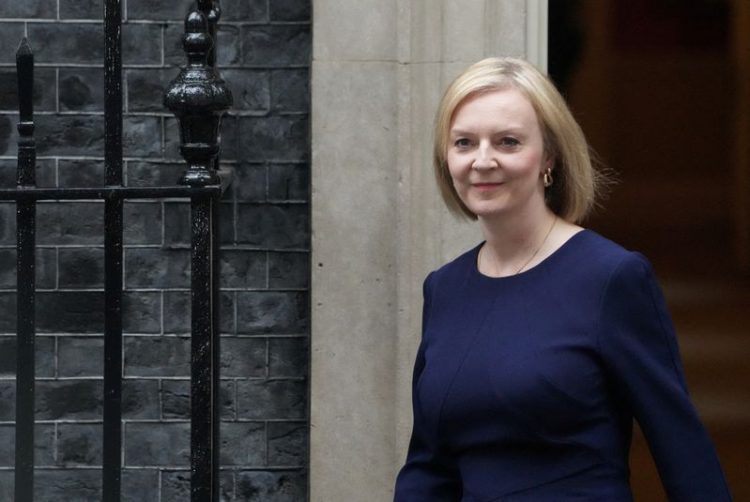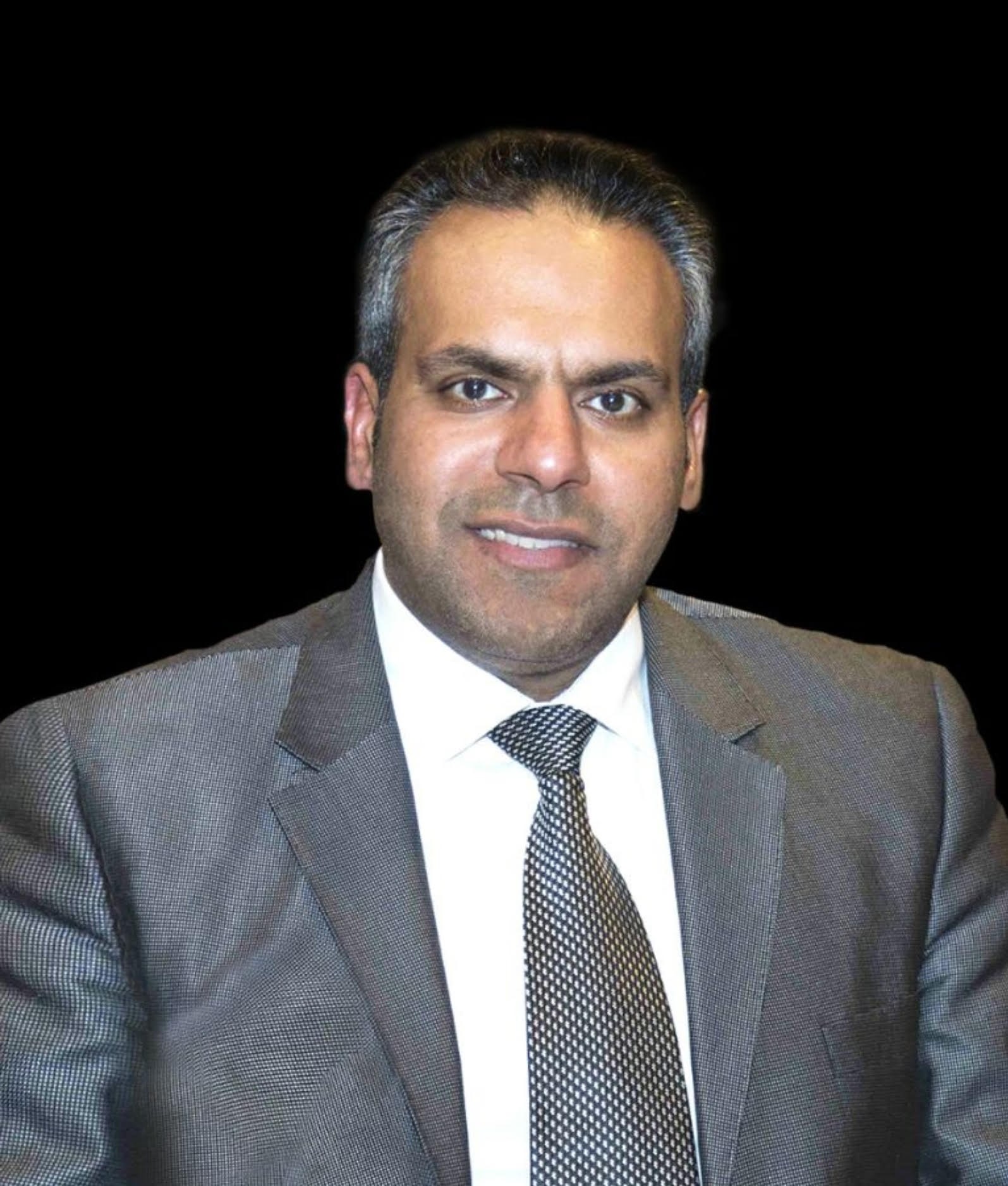© 2020 All rights reserved to Maaal Newspaper
Publisher: Maaal International Media Company
License: 465734
British PM forced to cancel her tax plans
British Prime Minister Liz Truss was forced on Monday to abandon plans to cut the highest rate of income tax, which led to a rebellion within her party and turmoil in financial markets.
According to “Reuters”, Truss and Finance Minister Kwasi Quarting announced a new “growth plan” on September 23 that would cut taxes and amend related laws through large government borrowing to get the economy out of its stumble for years.
But the plan sparked a crisis of investor confidence in the government, undermining the value of the pound and government bond prices and shaking global markets to the point that the Bank of England had to intervene with a 65 billion pound ($73 billion) program to support markets. .
Although the cost of canceling the highest tax rate was only about two billion pounds out of the total value of the 45 billion pound tax cut plan, it was the most eye-catching component of the financial package that was to be financed by government borrowing, with no Quarting explained how to pay off that financing over the long term.
Just hours after Terrace appeared on BBC television in defense of the policy, Quarting issued a statement saying he accepted that the plan was a distraction from broader efforts to help families through a difficult winter.
“As a result, I announce that we will not move forward with the abolition of the tax rate,” he added in the statement
The abandonment of the plan is likely to put Truss and Quarting under enormous pressure less than four weeks after taking office. Four prime ministers have taken power in Britain in the past six years, which have witnessed political turmoil
Quarting said he is not considering resigning
Truss, who took office on Sept. 6, said on Sunday that she should have done more to “pave the way” for the policy.
A number of Conservative MPs have publicly opposed the policy, saying cutting government spending and raising borrowing to fund tax cuts for the wealthiest is fraught with political risks in light of the cost of living crisis.
A Conservative MP, who asked not to be named, said a reversal of the decision was inevitable.
Related






